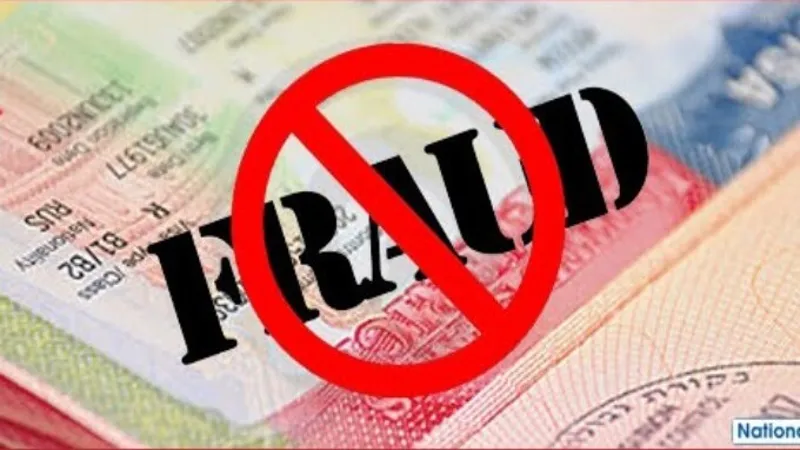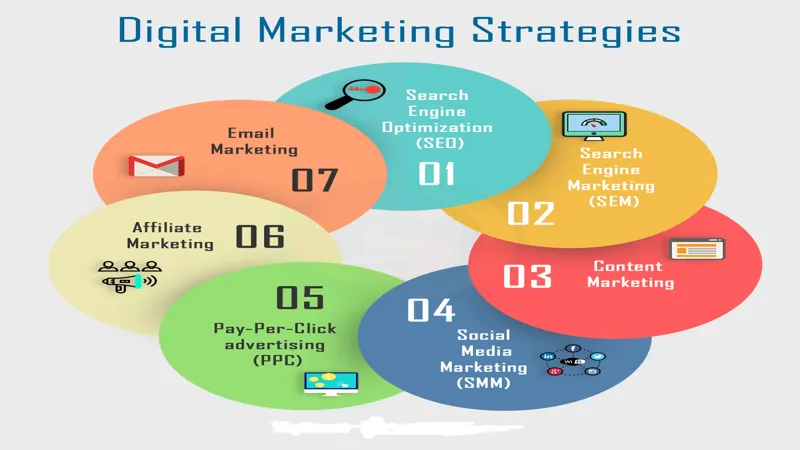In an era where international travel is rebounding robustly, the Philippine visa landscape is witnessing unprecedented demand, with applications soaring by 38% in 2024 compared to pre-pandemic levels. Bernard Vijaykumar, VFS Global’s Head for North Asia and the Philippines, recently highlighted this surge during a press conference in Taguig City, warning travelers about the alarming rise of visa scams that prey on applicants’ urgency. As the number of outbound travelers increases, so too do the opportunities for fraudsters, making it crucial for applicants to remain vigilant and informed about the legitimate processes for securing their visas.
| Attribute | Details |
|---|---|
| Location | Manila, Philippines |
| Key Person | Bernard Vijaykumar, Head of North Asia and the Philippines at VFS Global |
| Visa Applications Increase | 38% increase in 2024 compared to 2019, surpassing pre-pandemic levels |
| Reason for Increase | Higher outbound travel leading to processing delays |
| Warning Against Scams | Scammers are taking advantage of urgent visa applicants |
| Advice for Travelers | Apply for visas well in advance to avoid delays and scams |
| VFS Global’s Role | Manages visa-related tasks for 28 foreign missions in the Philippines |
| Collaboration Warning | Does not work with third-party entities for appointment bookings |
| US Embassy Warning | Communicates only via official emails and does not request payments via email or social media |
| Payment Instructions | Visa fees via travel.state.gov or ustraveldocs.com; medical exam fees at St. Luke’s Medical Center |
| Useful Resource | Follow information from ph.usembassy.gov/visas to avoid scams |
Understanding Visa Scams
Visa scams are deceitful schemes designed to trick individuals into paying money for fake visa services. Scammers often exploit the urgency of travelers, promising quick and easy visa approvals. They may use sophisticated tactics, such as creating fake websites or impersonating legitimate agencies, which can confuse even the most careful applicants. It’s important to recognize these scams to protect your hard-earned money and personal information.
Many people are unaware that visa scams have become more common, especially as travel resumes after the pandemic. With the increase in visa applications in the Philippines, scammers see this as an opportunity to take advantage of those who may be stressed about getting their visas on time. By staying informed about these scams, travelers can make safer choices and avoid falling victim to fraud.
The Rise in Visa Applications
In recent years, the number of visa applications in the Philippines has surged significantly, rising 38% in 2024 compared to 2019. This increase highlights the growing interest in international travel among Filipinos. With more people wanting to explore new countries, the demand for visas has never been higher, leading to longer processing times and potential delays for applicants.
As the travel industry continues to recover, many families and individuals are eager to book trips abroad. However, this spike in applications can strain the system, causing frustration and anxiety for those waiting for their visas. It’s vital for travelers to plan ahead and apply early to avoid last-minute rushes that could lead to mistakes or falling prey to scammers.
Tips for Safe Visa Applications
To ensure a safe visa application process, travelers should always apply for their visas well in advance of their planned trips. This not only helps avoid delays but also reduces the temptation to resort to shady services that promise quick results. Applicants should gather all necessary documents and double-check their applications for accuracy before submitting them.
Another crucial tip is to rely only on official government websites for visa information and application processes. Scammers often create fake sites that mimic real ones, so it’s important to identify the correct URLs. For instance, for US visas, always use travel.state.gov or ustraveldocs.com to manage your applications and payments safely.
Recognizing Official Communication
Official communication regarding visa applications typically comes from specific email addresses. For example, the US Embassy in the Philippines uses addresses ending with ‘@state.gov’ or ‘[email protected]’. Understanding these details can help applicants properly identify legitimate messages and avoid phishing attempts that could compromise their personal information.
It’s essential to remember that the US Embassy will never ask for visa fees through email or social media. All payments should be made through official channels, ensuring that applicants are not misled by fraudulent requests. Staying informed about how official agencies communicate can empower travelers to make safer decisions.
The Role of VFS Global
VFS Global plays a crucial role in managing visa applications for various foreign missions in the Philippines. They help streamline the administrative process, ensuring that applications are processed efficiently. However, it’s important to note that VFS Global does not influence visa outcomes or collaborate with third-party entities for appointment bookings, which helps maintain the integrity of the application process.
Understanding the responsibilities of VFS Global can aid applicants in navigating their visa journeys. Knowing that they are a service provider rather than a decision-maker can help travelers manage their expectations and focus on submitting accurate applications without getting caught up in scams that promise quick fixes.
Preparing for Medical Exam Fees
For those applying for immigrant visas, understanding where to pay medical exam fees is vital. The only authorized facility for these payments in the Philippines is St. Luke’s Medical Center-Extension Clinic (SLEC). Knowing this can prevent applicants from being misled by scammers who might suggest alternative payment methods or locations.
It’s important for applicants to keep all receipts and documents related to medical exams, as these may be required later in the visa application process. By being well-informed and cautious about where to make payments, individuals can avoid falling victim to scams while ensuring they meet all visa requirements.
Frequently Asked Questions
What should I be aware of regarding visa scams in the Philippines?
Be cautious of visa scams that take advantage of applicants’ urgency. Scammers may promise quick processing for a fee. Always verify the source before providing personal information.
How much have visa applications increased in the Philippines recently?
Visa applications in the Philippines have surged by 38% in 2024 compared to 2019, surpassing pre-pandemic levels due to increased travel.
What is the best time to apply for a visa?
Travelers should apply for visas well in advance of their travel dates to avoid delays and reduce the risk of falling victim to scams.
Does VFS Global work with third-party entities for visa bookings?
No, VFS Global does not collaborate with any third-party entities for visa appointment bookings, ensuring secure and direct processing.
How can I identify official US Embassy communication?
The US Embassy only uses email addresses ending with ‘@state.gov’ or ‘[email protected]’. Be wary of unsolicited messages from other addresses.
Where should I pay my visa fees?
Visa fee payments should be made through official portals like travel.state.gov or ustraveldocs.com. Never pay via email or social media.
What should I do if I suspect a visa scam?
If you suspect a scam, report it to the relevant authorities and consult official sources like ph.usembassy.gov/visas for accurate information.
Summary
In Manila, VFS Global’s Bernard Vijaykumar has warned about rising visa scams as visa applications in the Philippines have surged by 38% in 2024 compared to 2019. This increase, driven by more people traveling abroad, has created opportunities for scammers to exploit applicants. Vijaykumar urged travelers to apply for visas early to avoid delays and the risk of fraud. The US Embassy also cautioned the public to recognize official communication methods and warned against sharing payment information through unofficial channels. For reliable visa information, check the US Embassy’s official website.



